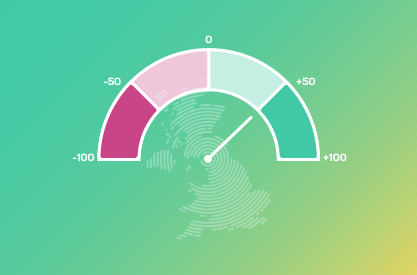- What we doResearch solutionsLatest insightHow research helpsNov 2025
- Who we are
- Case studies
- Insights
- Agencies
- Careers
 Life at Vanson Bourne
Life at Vanson BourneWe are leading innovators in client-centric B2B research solutions. We are an expert partner to our clients, helping drive their business forward.
We are Vanson Bourne.Current VacanciesThere are currently no vacancies.
- Contact us










